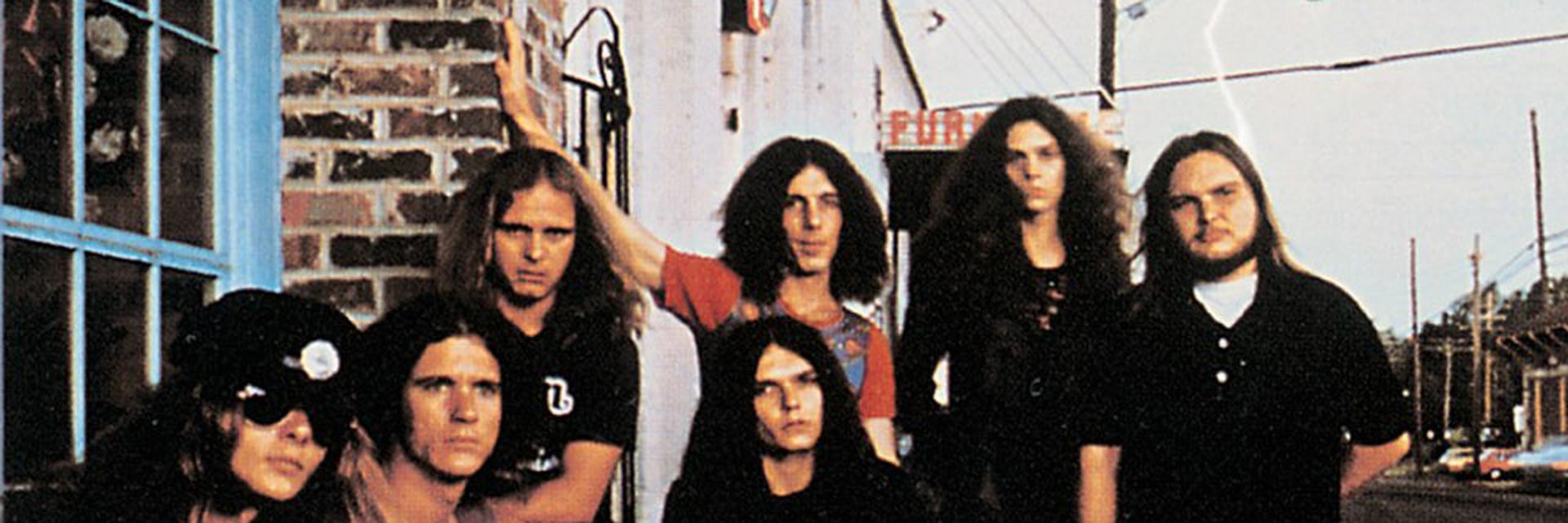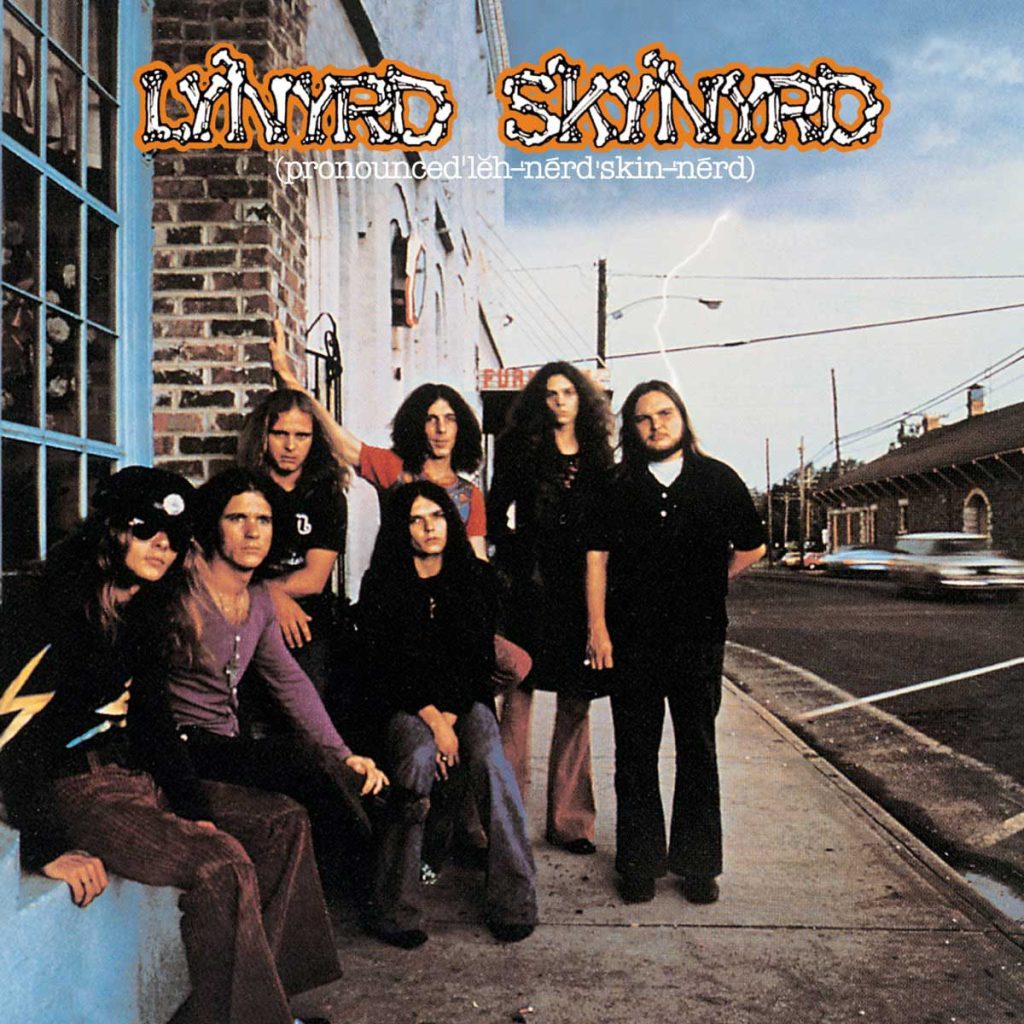Prog rock features tempo changes, hints of classical music and jazz, extensive instrumentals, and surprising instruments. Since that’s too much to cram into a three-minute song, there’s the long track.
Allen Collins, the lead guitarist, had been messing around with this four-bar chord progression for two years (with the transition from E minor to F major in the middle). Ronnie Van Zant, the lead singer, however, found the harmonies a bit too unwieldy to sing. But one day he had an inspiration and wrote the melody and lyrics in a few minutes. He had probably picked up the first words, probably from Collins’ girlfriend: “If I leave here tomorrow, would you still remember me?” Van Zant turned it into a little freedom hymn of the American kind: I’ve got to move on, I’m free as a bird, you can’t change a bird. “That’s what this country is all about,” he once said. After all, Lynyrd Skynyrd came from Florida, the sunny Southern state where libertarianism counts for a lot. They put a revolver on the cover of the single.
The band really put some effort into “Free Bird”. Two keyboardists are involved, there is an organ introduction and in the second verse a mellotron, both played by Al Kooper (Blood, Sweat & Tears). There is a cozy slide guitar (Gary Rossington) and at least five guitar tracks in all. Still, no one expected “Free Bird” to be particularly successful. The song was simply the bouncer on the debut album – with a four-minute guitar solo by Allen Collins at the end. (The original idea of this instrumental track was to give the singer a breather for once during live performances). Collins’ solo is through-composed, perfectly rehearsed and partially overdubbed. This solo went down in the annals of rock as one of the ten most “iconic” guitar solos. The riffs, accompaniment figures, breaks to the solo are also effectively worked out. Improvised the band only in concerts – there “Free Bird” could then grow to a quarter of an hour. Also at live performances this song was the bouncer.
Despite a length of over nine minutes, the album version of “Free Bird” became a radio hit. (The shortened single version, on the other hand, didn’t stand a chance.) The song was used in numerous films, series, video games. It also marked the beginning of the band’s enormous flight of fancy: five platinum albums in five years! And this with such a strange band name, which came from school days: From the name of an unloved teacher (Leonard Skinner) they made “Leo-Nerd, Skin-Nerd” and then Lynyrd Skynyrd. How to pronounce it was written on the first album cover: “(Pronounced ‘Lĕh-‘nérd ‘Skin-‘nérd)” – that became the unwieldy album title.
Unfortunately, the band’s flight of fancy ended tragically and quite unmetaphorically. A charter plane ran out of fuel over a wooded area in Louisiana. Six people died, including three band members and their road manager, and 20 people were seriously injured, including the remaining musicians. That was the end of Lynyrd Skynyrd in October 1977 – until the inevitable re-formation in 1987.
Lynyrd Skynyrd (Pronounced ‘Lĕh-‘nérd ‘Skin-‘nérd) on discogs.com


